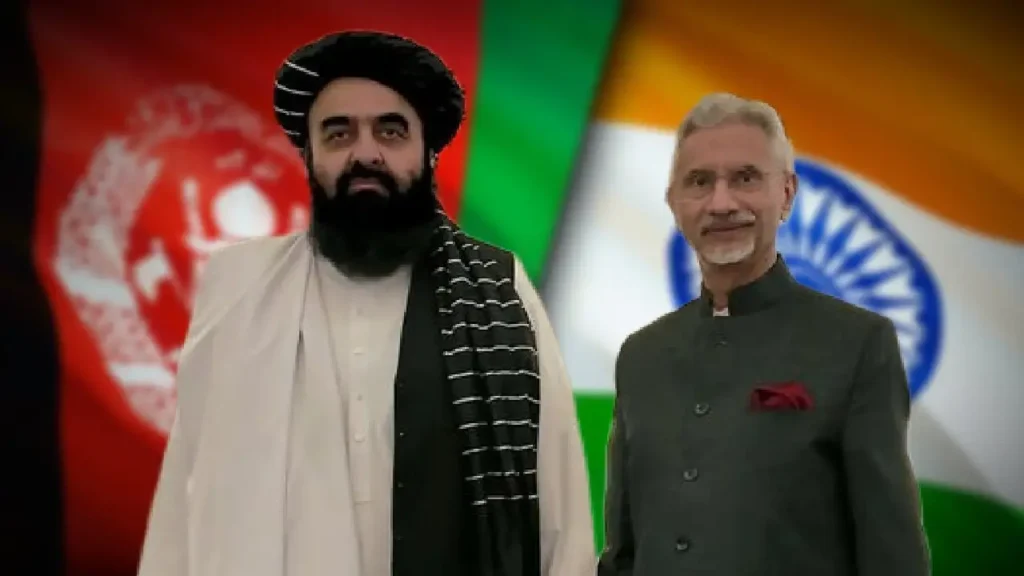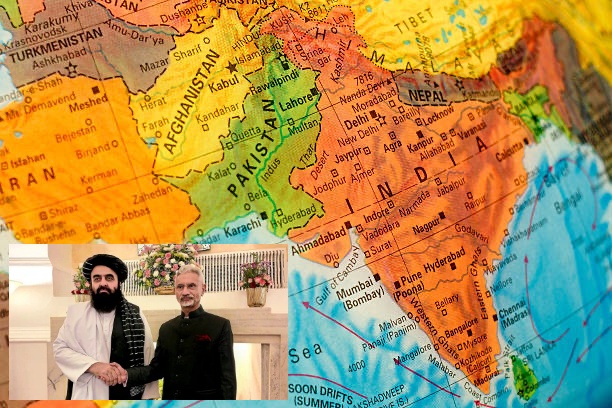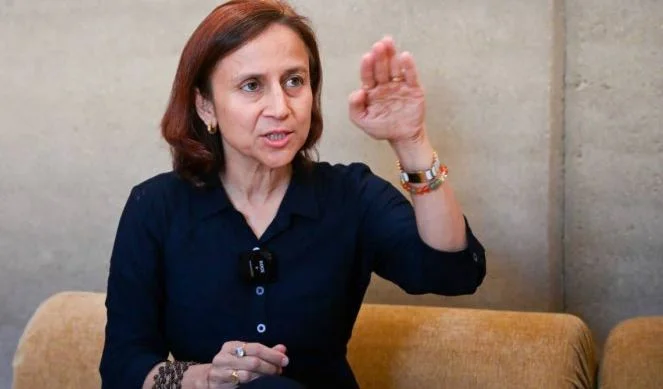
India and Afghanistan entered a new phase in their diplomatic relationship in October 2025. India has decided to restore its full diplomatic presence in Kabul . The mission was upgraded to “the” embassy status. This is significant after a four-year freeze on engagement. The freeze began when the Taliban returned to power in 2021.
Reinstating Diplomatic Ties
After the Taliban took control in 2021, India scaled back its presence. Only a small technical team remained to oversee humanitarian work. In October 2025, India announced the upgrade of its “technical mission” to a full embassy. The announcement followed a historic meeting in New Delhi. India’s External Affairs Minister, S. Jaishankar, met with Afghanistan’s Foreign Minister, Amir Khan Muttaqi. They discussed regional security, bilateral trade, and humanitarian assistance.

Diplomacy and Security Cooperation with Afghanistan
India and Afghanistan focused on security concerns, especially terrorism. Both condemned all acts of terrorism. They pledged to stop using their territories to threaten each other. Jaishankar raised India’s worries about cross-border terrorism. Muttaqi assured that Afghan soil would not be used against India. The talks took place amid strained Taliban–Pakistan relations and worry over China’s presence in the country. Jaishankar called Pakistan-sponsored terrorism a “shared threat” to both countries. Both emphasized the need to cooperate in stopping anti-national activities. This cooperation will help keep Pakistan and its actions in check.
India’s Humanitarian and Development Assistance to Afghanistan
India reaffirmed its commitment to Afghanistan’s development. It announced six new healthcare and infrastructure projects. India’s aid includes a thalassemia centre, trauma and oncology centres, a new hospital, and maternity clinics. India sent 20 ambulances and essential medical equipment. It continues to provide food aid after the recent earthquakes. India promised to support Afghan refugees, showing its humanitarian values amid political challenges.
Enhancing People-to-People Ties with Afghanistan
India invited investment in Afghanistan’s mining sector to both strengthen bilateral trade and counterbalance China’s interest in rare earth minerals. Consequently, both countries agreed to ease visa issuance and aim to increase direct air connectivity. They planned to revive the India-Afghanistan Air Freight Corridor, boosting commerce and connectivity. Additionally, India committed to facilitating more visas for Afghan students, businesspeople, and patients. This initiative will expand educational and cultural exchanges, supported by scholarships and improved connectivity. Ultimately, these efforts will enhance trade, foster goodwill, and deepen people-to-people ties.
Strategic Calculations and Persistent Challenges
Geopolitical changes strongly influenced India’s renewed engagement with the region. Pakistan’s ties with the Taliban have deteriorated significantly. Meanwhile, China is expanding its presence in Afghanistan. Therefore, India chose pragmatic engagement over isolation. However, India has not yet formally recognized the Taliban government. It continues to express concerns about human rights, especially the rights of women and minorities. This lack of recognition remains a significant hurdle.
Furthermore, India’s restoration of full diplomatic ties and the signing of new agreements mark a strategic shift. India values Afghanistan’s strategic location for enhancing connectivity and trade corridors, bypassing Pakistan. These steps also extend India’s humanitarian engagement in Afghanistan. The future of Afghanistan depends heavily on its internal politics and the policies of the Taliban. Throughout, India maintains flexible diplomacy, balancing national interests, regional stability, and goodwill toward the Afghan people.
For more such articles, check out the World Times.



